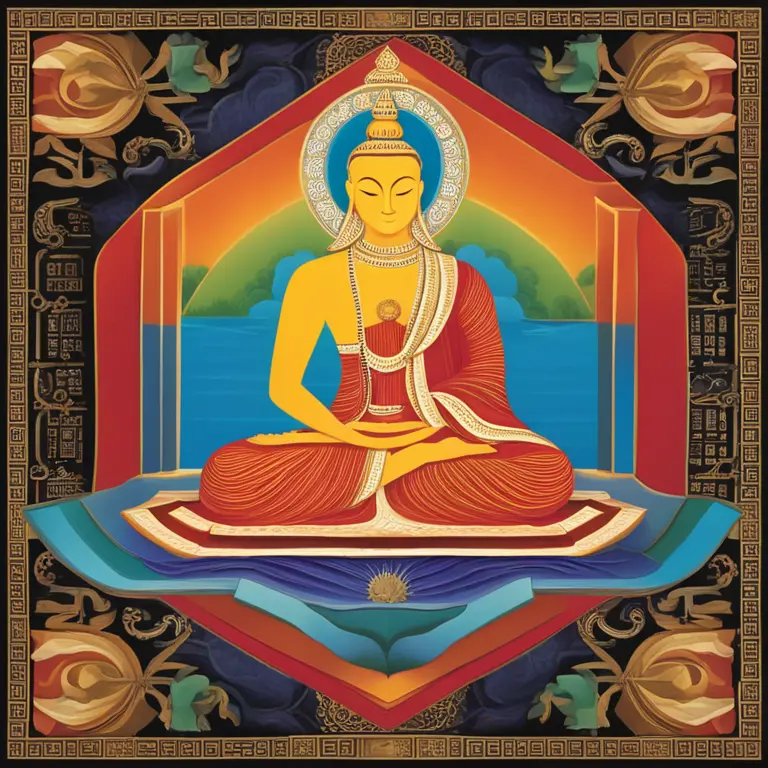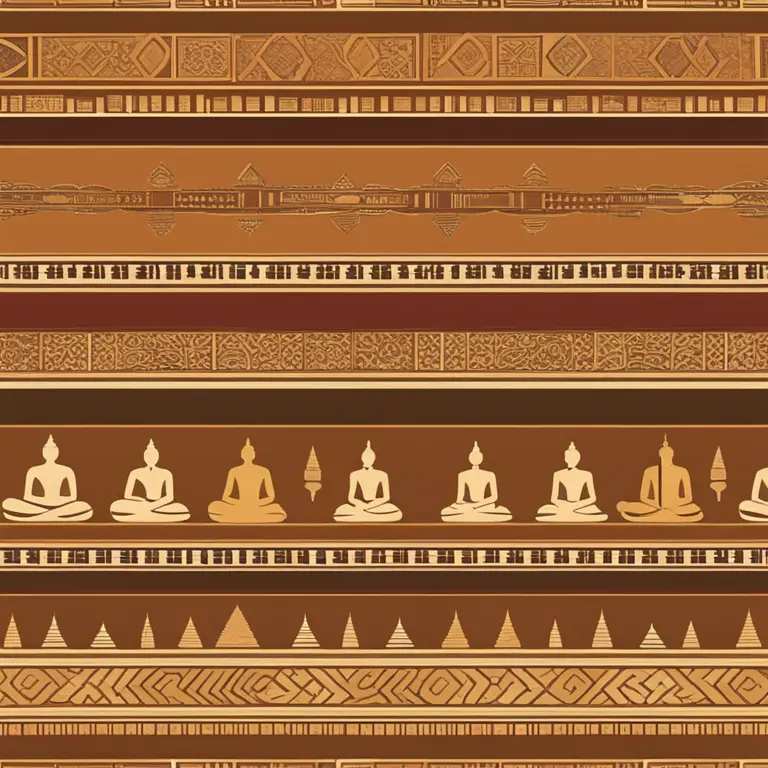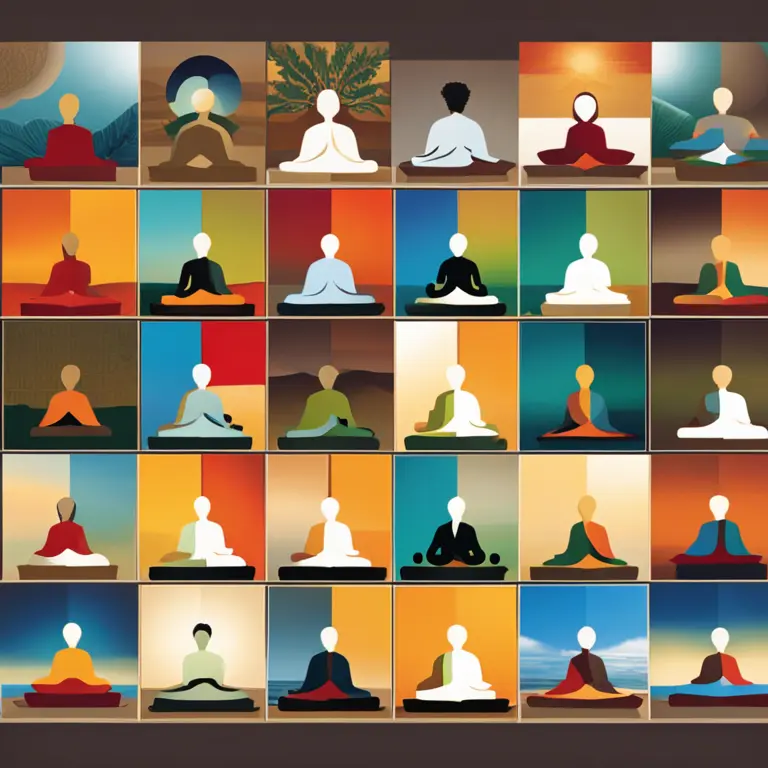
The Origins of Meditation: Main Insights Unlocked
Delve into the rich history of meditation and discover the roots of this ancient practice that has spanned cultures and eras.
article by Hina Kurosawa
The Genesis of Meditation
Meditation, while often seen as a modern tool for stress relief and self-improvement, is an ancient practice with a history stretching back thousands of years. Its origins are deeply rooted in religious and spiritual traditions around the world, each with their rich narratives of discovery and enlightenment. Understanding the origins of meditation provides insight into its enduring relevance and the universal nature of its appeal.

Ancient Indian Beginnings
The seeds of meditation are most conventionally traced back to ancient India. The Vedas, a set of sacred texts written in Sanskrit between 1500 and 500 BCE, contain the earliest recorded teachings of meditation. The contemplative traditions outlined in these texts were developed further by various Indian religious practices, including Hinduism and Buddhism. Siddhartha Gautama, or the Buddha, famously attained enlightenment through the practice of meditation around 500 BCE, formalizing its techniques and spreading its practice.

Expansion Across Cultures
Meditation was not confined to the Indian subcontinent. China and Japan embraced meditative practices through the influence of Buddhism. Zen Buddhism, in particular, emphasized seated meditation known as 'zazen'. By the 6th century CE, meditation had woven itself into the tapestry of Chinese cultural and philosophical life with the development of Taoism, which also embraced internal observation and contemplation. Over time, these various strands of meditation diversified further, integrating with local traditions and belief systems.

The Western Assimilation
It wasn't until the 20th century that meditation began to gain significant traction in the West. An interest in Eastern spirituality, enhanced by increased global connectivity, brought meditation into the mainstream in Europe and America. Pioneering figures like Maharishi Mahesh Yogi, who introduced Transcendental Meditation in the 1950s, helped integrate meditation into the fabric of western consciousness. Today, meditation is often practiced independently of the religious traditions it originated from, reflecting the secularization and universal application of the practice.

Scientific Perspectives
In recent years, the increasing involvement of science in the field of meditation has provided a different angle on its origins. Neuroscientists and psychologists are exploring the effects of meditation on the brain and consciousness, offering a new dimension to understanding how and why meditation evolved as a human practice. This scientific validation has played a significant role in the acceptance and spread of meditation beyond its spiritual roots, propelling it into the realms of health, education, and corporate well-being programs.
Meditation's Future Trajectory
As of 2024 and beyond, the trajectory of meditation continues to ascend. With advancements in virtual reality and biofeedback technologies, new forms of meditative practices emerge, making the experience more accessible and personalized. The proliferation of apps and online communities has also democratized the ancient practice, ensuring that its foundational principles are preserved while adapting to the needs of a rapidly evolving world. The timeless quest for inner peace and self-awareness, which ignited the beginnings of meditation, endures as its most compelling draw.
Published: 1/14/2024
Modified: 1/15/2024
More predictions
Come back here soon to learn more about yourself and your future


Healing Through Mindfulness: Meditation & Trauma Recovery
Mindfulness meditation offers a powerful tool for individuals seeking solace and healing from traumatic experiences. Discover how this practice can aid in the journey towards inner peace.


Discovering Life with Meditation Mantras
Delve into the transformative power of meditation mantras to harmonize your mind, body, and spirit for a tranquil existence.


Mindfulness Meditation Basics for First Graders
Introducing foundational mindfulness meditation practices to instill calm and focus in first-grade students.